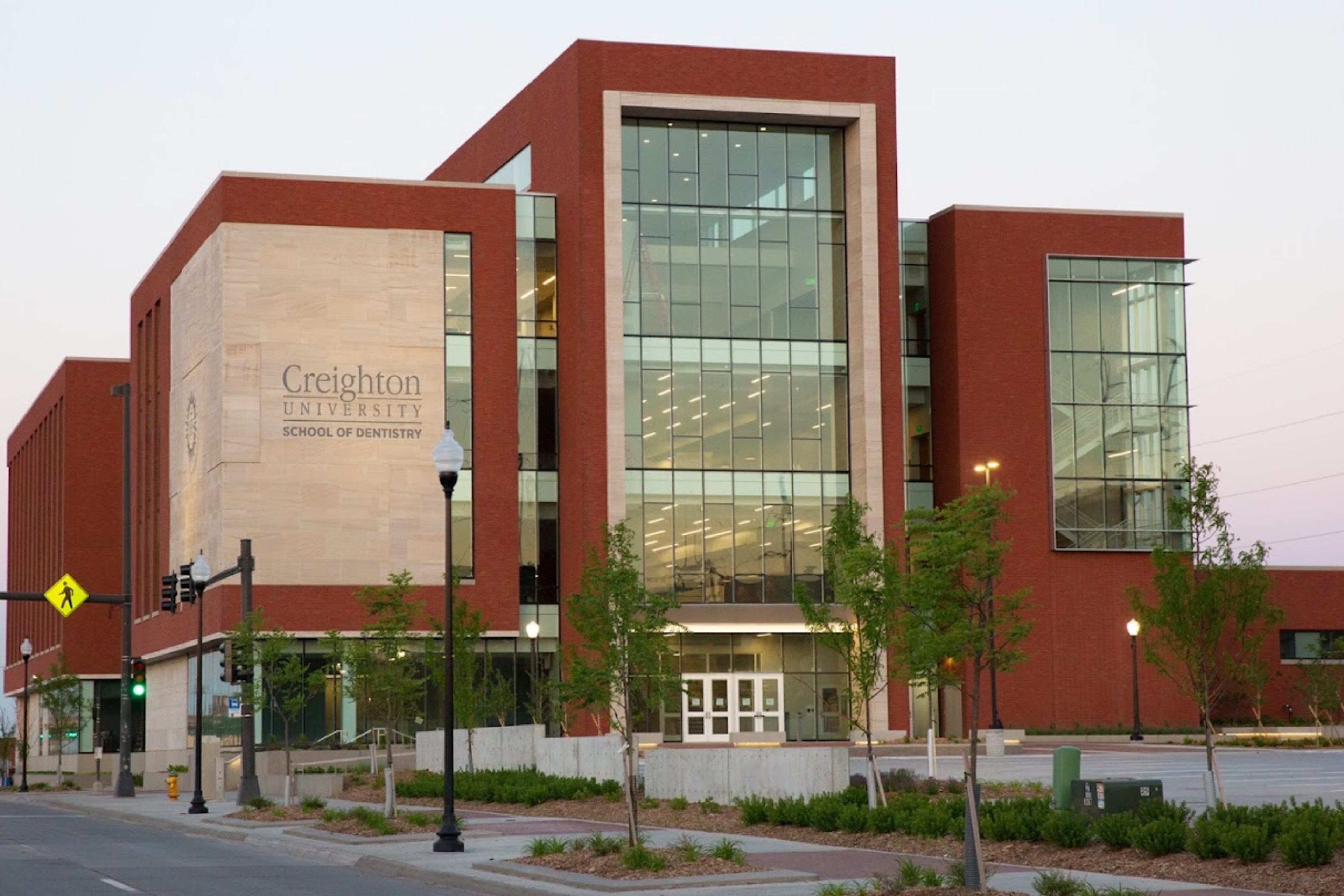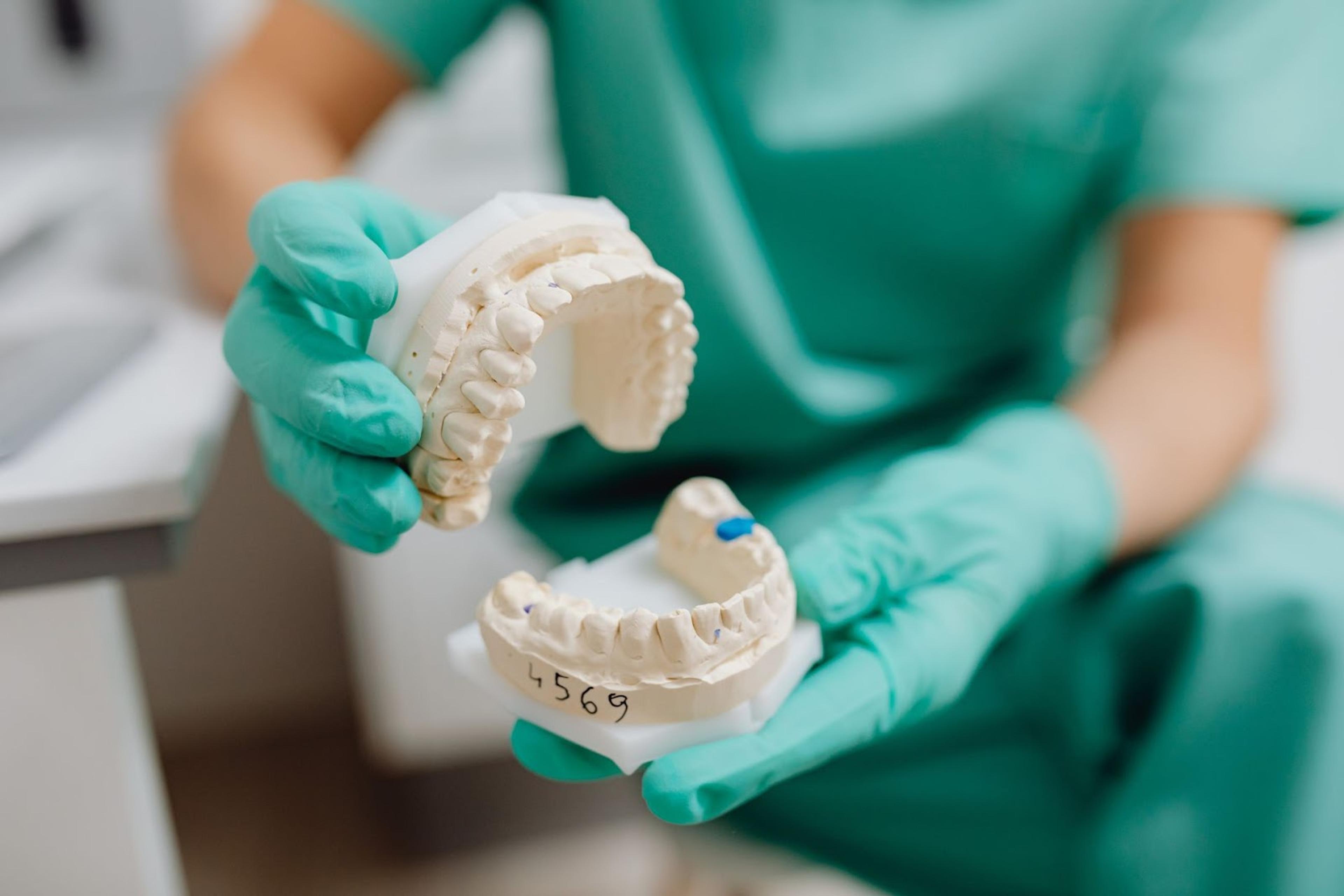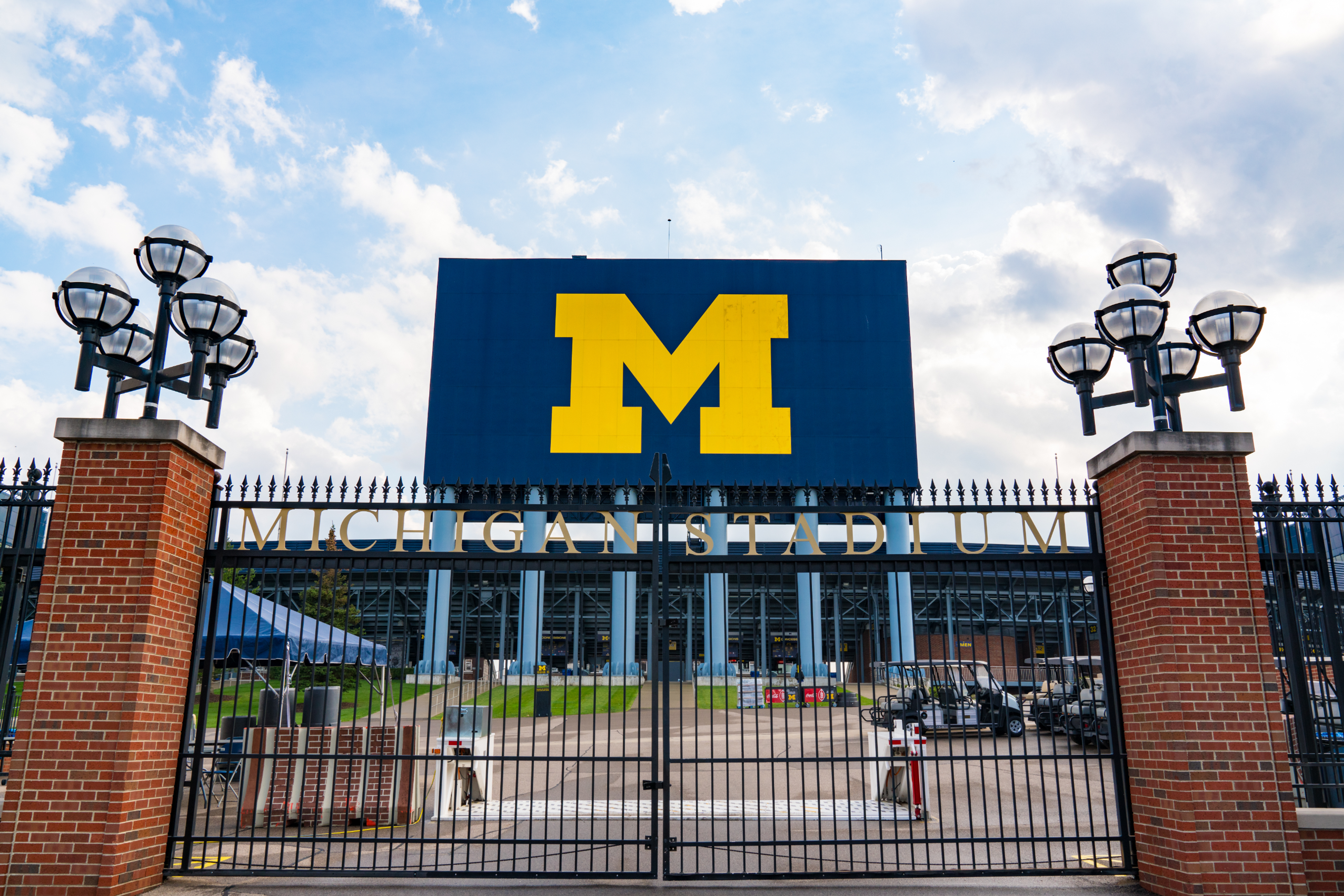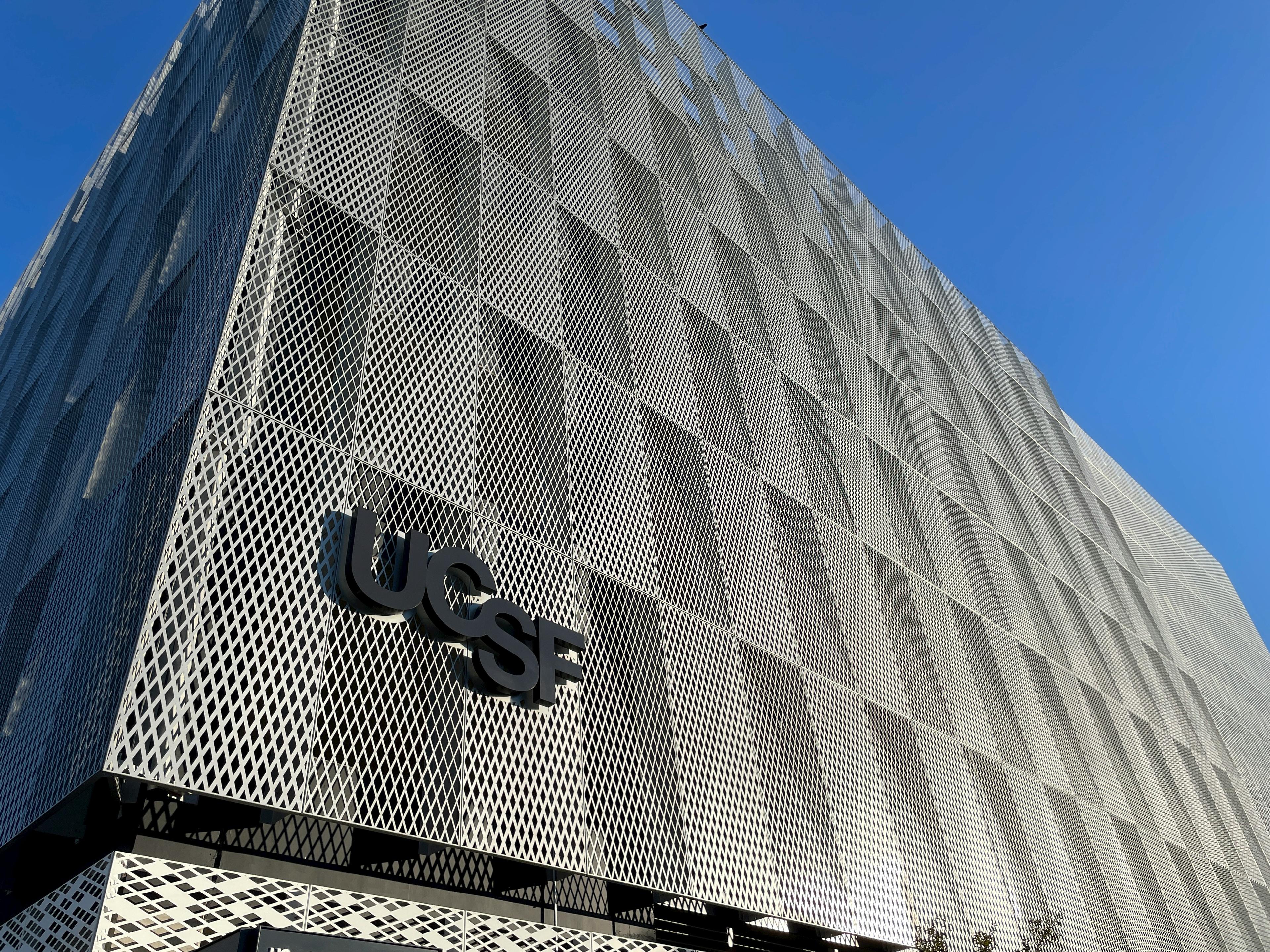TMDSAS Personal Characteristics Essay: The Ultimate Guide (2025)
Get expert guidance on writing your TMDSAS Personal Characteristics Essay with tips, examples, and strategies to stand out in your medical school application.
Posted July 17, 2025

Table of Contents
The TMDSAS Personal Characteristics Essay is an important part of the application process for prospective medical and dental students applying to Texas medical schools and other programs through the Texas Medical and Dental Schools Application Service (TMDSAS). This essay provides applicants with a platform to showcase personal qualities and life experiences that go beyond academic performance. Understanding the purpose and structure of this essay is crucial for anyone looking to make a strong impression in the competitive Texas medical school admissions process.
This comprehensive guide will break down everything you need to know about the personal characteristics essay, from understanding the prompt to writing strategies and avoiding common mistakes. Whether you’re new to the TMDSAS application process or have already started drafting your essays, this guide will provide valuable insights to help you craft a compelling narrative.
The TMDSAS Personal Characteristics Essay
What is the Personal Characteristics Essay?
The personal characteristics essay is one of the required components of the TMDSAS application, which allows applicants to apply to Texas medical schools and other dental and medical programs. Unlike the medical applicant's personal statement, which typically focuses on your motivation for pursuing medicine or dental school, this essay is specifically designed to highlight personal qualities and experiences that are not captured by academic records or test scores.
The TMDSAS personal characteristics essay is an opportunity to showcase your background, values, and personal growth. Admissions committees at Texas public medical schools and other TMDSAS schools use this essay to assess how well your personal experiences, background, and character will contribute to the diversity and culture of the medical or dental school community.
Why Is This Essay Important?
The personal characteristics essay TMDSAS is a key element in the holistic review process used by medical and dental schools. In this process, admissions committees assess applicants based on a complete picture of their qualifications, including academic performance, life experiences, research interests, and personal qualities.
Your essay should give the committee a clear understanding of who you are as a person, beyond the grades, test scores, and other traditional components of your medical school application. This is where applicants can address how their unique life experiences, perspectives, and personal growth will contribute to the medical profession and medical school community.
Which medical schools use TMDSAS?
- Baylor College of Medicine
- Long School of Medicine at UT Health San Antonio
- McGovern Medical School at UT Health Houston
- Sam Houston State University College of Osteopathic Medicine
- Texas A&M College of Medicine
- Texas Tech University Health Sciences Center Paul L. Foster School of Medicine at El Paso
- Texas Tech University Health Science Center School of Medicine at Lubbock
- University of Houston College of Medicine
- University of North Texas Health Science Center Texas College of Osteopathic Medicine
- University of Texas at Austin Dell Medical School
- University of Texas Medical Branch at Galveston
- University of Texas Rio Grande Valley School of Medicine
- University of Texas Southwestern Medical School
- University of Texas at Tyler School of Medicine
Which Texas Medical Schools Do Not Use TMDSAS?

Two medical schools in Texas do not participate in TMDSAS: the Texas Christian University (TCU) and the University of North Texas Health Science Center (UNTHSC) School of Medicine, which uses the AMCAS system, and the University of the Incarnate Word School of Osteopathic Medicine, which requires applications through AACOMAS.
Applicants to the Baylor College of Medicine MD/PhD program will need to apply through AMCAS.
How Much Does TMDSAS Cost?
The TMDSAS application comes with a flat fee of $220, regardless of how many schools you apply to. This is more affordable than the AMCAS, which charges $175 for the first application and $46 for each additional school. The flat fee structure of TMDSAS makes it a more cost-effective choice, especially if you plan to apply to multiple Texas medical schools.
How Hard Is It to Get into Texas Medical Schools?
Recent admissions data for Texas medical schools highlight the competitive nature of the application process, particularly for out-of-state applicants. Public universities in Texas are legally required to cap their out-of-state enrollment at 10%.
For the 2023 application cycle, Texas residents comprised approximately 74% of applicants and 93% of matriculants, while out-of-state applicants made up about 26% of applicants and 7% of matriculants.
These statistics underscore the substantial advantage Texas residents have in the admissions process. The state's legal cap on out-of-state enrollment further emphasizes the competitive landscape for non-resident applicants.
For the entering class of 2023, the average undergraduate GPA and MCAT scores of successful TMDSAS applicants were 3.84 and 511.5, respectively. Prospective applicants should be aware of these dynamics and prepare accordingly to enhance their competitiveness in the application process.
TMDSAS Ideal timeline
| May 1 | Application becomes available |
| May 15 | Application submission opens |
| August 1 | Early decision application deadline |
| August 15 | All supporting documents for early decision must be received by this date |
| October 1 | Early Decision Program decisions announced |
| October 15 | Medical schools begin extending offers of acceptance |
| November 1 | Regular decision submission deadline |
| November 15 | Letters of evaluation should be uploaded or postmarked by this date |
| February 2 | Match preference submission deadline |
| February 16 | Match results are released and the rolling admissions period begins |
| April 30 | Applicants with multiple offers must decide which program to attend and withdraw from other schools |
| May 15 | Medical schools can no longer make offers to Texas resident applicants holding another seat |
Staying aligned with these dates ensures a smooth progression through the admissions cycle and enables candidates to meet all necessary deadlines. Keep in mind that these dates can vary slightly each year, so always verify with the official TMDSAS website to ensure accuracy for the current application cycle.
How Long Does TMDSAS Take to Process Applications?
TMDSAS generally processes applications within 2–4 weeks after submission. However, during peak application periods, processing may take up to 6 weeks. You will receive an email notification once your application has been processed.
TMDSAS Personal Characteristics Essay Prompt Explained
The TMDSAS personal characteristics prompt typically asks you to reflect on your personal experiences, character, and growth. While the specific wording may vary from year to year, the general focus remains on understanding how your personal background and experiences contribute to your ability to succeed in the medical field.
Here are the key aspects of the TMDSAS personal characteristics essay prompt:
- Personal Qualities: Highlight characteristics such as resilience, empathy, leadership, and teamwork.
- Diverse Backgrounds: Discuss how your unique experiences—whether cultural, educational, or personal—have shaped your approach to medicine or dentistry.
- Life Experiences: Share how overcoming obstacles or challenges has influenced your personal development and your desire to pursue a medical career.
- Contribution to the Medical Community: Explain how your background will help you contribute to the diversity of the student body at Texas medical schools or other medical programs.
Breaking Down the Prompt
When reading the TMDSAS personal characteristics prompt, take note of the following:
- Focus on personal growth: Admissions committees want to know how your experiences have shaped your personal qualities. This is an opportunity to demonstrate how challenges and triumphs in your life have influenced your goals and ability to pursue medicine.
- Emphasize diversity: The diversity essay is a major component of this essay. Don’t just focus on your race or ethnicity—include other diverse aspects such as life experiences, educational settings, and personal struggles.
- Highlight contributions to the medical field: Discuss how your personal experiences will help you contribute to the medical or dental community. This includes your work ethic, communication skills, and how you approach challenges.
How to Write a Compelling Personal Characteristics Essay
Beginner Tips: Crafting a Strong Foundation
Writing a personal characteristics essay might feel like a daunting task, but breaking it down into manageable steps will make the process smoother. Here are some tips to get you started:
- Start with authenticity: Your essay should reflect who you are. Use specific examples from your life to highlight how your experiences have shaped your personal qualities. Avoid clichés or generalized statements. Show the admissions committee your true self.
- Describe personal growth: Focus on how you’ve grown from challenges or life experiences. Whether it’s overcoming personal adversity or excelling in a challenging educational experience, explain how these experiences have influenced your desire to pursue medicine or dentistry.
- Tie it back to your career goals: While the personal characteristics essay is about who you are as a person, make sure to connect your experiences and qualities to your future career goals in the medical field. How will your background help you contribute to the medical school community?
Advanced Tips: Refining Your Essay for Maximum Impact
For those who are more comfortable with the writing process, here are advanced tips to make your essay stand out:
- Weave a cohesive narrative: Rather than listing experiences, try to create a story that connects your life experiences with your aspirations. Show how your background influences your perspective on medicine and your approach to patient care.
- Be concise but detailed: Keep your writing clear and concise, but don’t sacrifice important details that demonstrate your personal growth and commitment to the dental profession or medical profession.
- Highlight key personal qualities: Focus on qualities like resilience, empathy, leadership, and teamwork. Show how you’ve developed these traits and how they will help you succeed in medical school and beyond.
Finalizing Your Personal Characteristics Essay
Proofreading and Editing
After drafting your personal characteristics essay, take time to revise and refine it. Proofreading is essential to ensure your essay is clear, concise, and free of errors. Here are some editing tips:
- Read your essay aloud: This can help you catch awkward phrasing and improve the flow of your writing.
- Seek feedback: Share your essay with a mentor, advisor, or professional admissions coach to get feedback on how you can improve it.
Aligning with Medical School Values
Make sure your essay aligns with the values and mission of the Texas medical schools or other medical programs you are applying to. This can include emphasizing community service, commitment to diversity, or interest in serving underserved populations.
Common Mistakes to Avoid
- Focusing too much on academic achievements: This essay is about who you are as a person, not your academic record. While your academic achievements are important, the admissions committee will already see those in your application. Use this essay to highlight personal aspects that can’t be seen elsewhere.
- Using generic or cliché statements: Avoid using broad, overused statements that don’t offer new insights into who you are. Be specific about your experiences and how they’ve shaped your character.
- Ignoring the diversity aspect: It’s not enough to simply mention your background—show how it has shaped your personal characteristics and how it will contribute to the Texas medical school admissions process.
TMDSAS essays
TMDSAS Personal Characteristics Essay Guidance and Example
Prompt: Describe any personal qualities, characteristics, and/or lived experiences that could enrich the educational experience of others (5,000 characters, including spaces).
"Music was never a big part of my life until two years ago when I went to Coachella on a whim. I remember that day vividly—it was a sweltering April afternoon, and the air buzzed with the energy of thousands of people.
Before this, music had always been passive for me. It was the playlist playing in the background during my commute, the familiar songs on the radio at the gym. I never sought out new artists or ventured beyond my comfort zone of pop and classic rock. But Coachella changed everything.
Surrounded by a sea of people from different walks of life, I felt a sense of belonging I had never known. The music wasn’t just noise; it connected us all. Every beat seemed to resonate with something deep inside me, unlocking emotions I didn’t know existed. Since then, music has become a refuge from stress, a way for me to express myself and connect with others. It's the soundtrack to my day, and it’s how I connect with the world around me.
But more importantly, it’s how I connect with others.
As an only child, an immigrant from Hungary, and the son of two busy doctors, my childhood was lonely. I spent many hours wandering my house in silence while my parents worked long hours. I didn’t have the chance to build strong relationships, and I often felt disconnected, even when surrounded by people.
In college, I threw myself into social activities, attending clubs and parties, hoping to find a sense of belonging. While I made many acquaintances, few of these relationships went beyond the surface. I still felt like an outsider, constantly adapting to fit in but never truly connecting.
One of my favorite memories is meeting Michelle at Coachella. I had just been lost in the music when I accidentally bumped into her. Instead of brushing me off, she smiled and struck up a conversation. We quickly bonded over our love of music, shared stories, and exchanged numbers. By the end of the day, we were making plans to meet up again. Michelle and her friends welcomed me into their circle, and we spent the rest of the festival together, sharing music, laughter, and new experiences.
That moment was a turning point for me. It taught me that I wasn’t destined to feel like an outsider. I had the ability to connect with others, to bring people together, and to build meaningful relationships. I had the power to find my place, even in unfamiliar settings.
As I think about starting medical school and meeting my future classmates, I know many will feel the same fear and uncertainty I felt. The path ahead will be long, challenging, and filled with tests, both academically and emotionally. But I also know that our shared experiences will unite us. We’ll lean on each other for support, celebrate each other’s successes, and comfort one another during tough times.
I’m excited to contribute to this sense of community and support. I want to help create an environment where everyone feels heard, valued, and supported. I envision a collaborative space where we learn from each other, help each other grow, and share the burden of the challenges ahead. I’m confident that, together, we’ll make it through this journey and succeed as both individuals and professionals."
TMDSAS Personal Statement Example
Prompt: Explain your motivation to seek a career in medicine. Be sure to include the value of your experiences that prepare you to be a physician (5,000 characters, including spaces).
"As a child, I was always fascinated by the human body and how it worked. I spent hours flipping through medical textbooks my parents brought home, trying to understand the complex interactions between organs and systems. However, it wasn’t until I volunteered in a local clinic during high school that I truly began to understand what it meant to be a doctor, not just from an academic perspective, but from a deeply human one.
During my time at the clinic, I had the opportunity to work with patients from diverse backgrounds, many of whom were underserved and lacked regular access to healthcare. One particular interaction stands out. A young woman came in with severe abdominal pain but had delayed seeking treatment due to a lack of healthcare coverage. As I observed the physician carefully examine her, listen to her concerns, and offer guidance with compassion, I understood the profound impact of the doctor-patient relationship. It wasn’t just about diagnosing an illness; it was about making patients feel heard, valued, and supported.
This experience sparked my desire to pursue a career in medicine. I realized that being a physician requires not only a strong understanding of science and technology but also the ability to connect with people on a personal level. I knew I wanted to combine my passion for science with my desire to help others in a meaningful way, and medicine was the perfect path.
To further explore this interest, I took on a role as a research assistant in a neurobiology lab during college. I studied the effects of neurodegenerative diseases on brain function, and through my work, I gained a deeper appreciation for the complexity of the human body. However, I also came to understand that while research is essential, the true impact of medicine lies in its ability to improve lives in real-time. This realization led me to shadow physicians at a local hospital, where I saw firsthand the application of medical knowledge in practice.
While shadowing, I had the chance to observe the work of a cardiologist who specialized in treating patients with heart disease. One particular patient, an elderly man with a history of heart failure, had been struggling to follow his treatment plan due to financial and social barriers. I saw the physician not only address his medical needs but also take the time to understand the patient's challenges and offer support in navigating his circumstances. This holistic approach to care—addressing not just the physical, but also the emotional and social aspects of health—reinforced my desire to be a doctor who sees patients as individuals, not just cases to be treated.
In addition to my clinical and research experiences, I have sought opportunities to strengthen my leadership and communication skills, knowing they will be vital in my future career. As president of the student volunteer organization at my university, I coordinated health awareness events and managed a team of volunteers. Leading a team of diverse individuals taught me the value of collaboration, effective communication, and the importance of creating a supportive environment for everyone to thrive. These experiences have strengthened my ability to work under pressure, think critically, and empathize with others—skills that will serve me well in medical school and beyond.
My journey to medicine has been shaped by a combination of academic curiosity, hands-on experiences in healthcare, and a desire to help others lead healthier, more fulfilling lives. I have seen the transformative power of compassionate, patient-centered care, and I am eager to continue this journey as a physician, making a tangible difference in the lives of my patients. I am committed to developing not only my scientific and technical skills but also my ability to connect with and support the people I will serve. I am confident that my diverse experiences, coupled with my dedication and passion for the field, will enable me to contribute meaningfully to the medical community."
TMDSAS Optional Essay Guidance and Example
The "optional essay" on the TMDSAS application allows you to expand on aspects of your personal journey that haven’t been highlighted elsewhere. While this essay is technically optional, TMDSAS strongly encourages applicants to take advantage of it. Think of it as an opportunity to add more depth to your application by addressing circumstances or experiences that have shaped you, but were not covered in your other essays or sections.
If you’re unsure about what to write, consider the following approaches:
- Adversity Essay: If you’ve faced challenges or setbacks (academic struggles, personal challenges, etc.) that haven’t been addressed elsewhere in your application, this is the space to explain those experiences and how you’ve overcome them.
- New Experiences or Achievements: You might want to highlight a specific experience, skill, or accomplishment that didn't make it into your personal statement or other essays.
- Clarifying Red Flags: If you have any academic or personal issues (such as low grades, disciplinary actions, or gaps in your application) that you haven't yet explained, this is your chance to provide context.
Prompt: Briefly state any unique circumstances or life experiences that are relevant to your application, which have not been previously presented. (2,500 characters)
"My parents are both successful professionals with healthy relationships, but for much of my childhood, I often felt more like an extension of them than an individual. They both grew up in Hungary during communist rule, and when I was four, we immigrated to the United States due to my father’s expertise in software engineering. We arrived with just the clothes on our backs, and my parents worked tirelessly to create a better life for our family.
In our household, success was always tied to academic achievement. My father’s job-sponsored visa and my mother’s need to complete her residency shaped our family’s focus on education. I deeply appreciate the sacrifices my parents made to shield me from hardship and lift us out of poverty. However, growing up, I struggled to identify my own passions. My life was directed by their expectations, and success was measured only in grades.
The turning point came when I decided to attend an out-of-state university. For the first time, I was responsible for my own life—cooking, cleaning, and managing my time. As a freshman, I felt directionless. The expectations I had grown up with no longer felt relevant, and I struggled to find my identity outside of my academic success. I turned to strong role models, like Derek Shepherd for his leadership qualities and Steve Jobs for his compassion and wisdom, and began to shape the person I wanted to become.
This newfound independence led to some of my most rewarding experiences. I studied abroad in Ecuador, shadowed physicians, and worked on my personal development. I became passionate about education, teamwork, and building meaningful relationships. Activities like coaching and leading campus tours helped me break out of my shell and discover a new side of myself.
I’m still young, with much more to explore, but I now look in the mirror and see someone with a unique perspective and the confidence to pursue my ambitions. I’ve learned how to take charge of my own life, and I’m excited to bring this sense of purpose and individuality to my medical career."
Final Thoughts
The TMDSAS personal characteristics essay is a vital part of the application process for Texas medical schools and other dental programs. By focusing on authenticity, personal growth, and how your unique life experiences have shaped you, you can create an essay that stands out to the admissions committee. Take the time to craft a compelling narrative that highlights your personal qualities and demonstrates how you will contribute to the medical community.
If you need additional support, consider working with a professional admissions coach to help refine your application and ensure your TMDSAS personal characteristics essay is as strong as possible.
Read: The 10 Best Dental Coaches for Application & Interview Prep
Related Articles
Explore these additional resources to further guide you on your medical school journey:
- What Do You Learn in Dental School?
- How Many Volunteer Hours for Medical School? The Expert Guide (With Examples)
- How Long is Medical School – A Year-by-Year Breakdown
- Medical School Acceptance Rates, GPA, and MCAT Scores of the Top 15 Programs
- The Best 50+ Free Resources for the MCAT Exam
- How to Write a Powerful Personal Statement for Medical School
- The Ultimate Guide to the Medical School Application
FAQs
Can I include volunteer work in my TMDSAS Personal Characteristics Essay?
- Yes, volunteer work can be an excellent example of personal growth, leadership, and community engagement. Highlighting how your volunteer experience has shaped your personal qualities—such as empathy, teamwork, or resilience—can strengthen your essay.
Do I need to mention my research experiences in the Personal Characteristics Essay?
- While research experiences are important, this essay focuses on personal qualities and life experiences rather than academic accomplishments. If your research experiences have significantly shaped your character or contributed to your personal growth, it’s worth including, but the main focus should be on your personal development.
How long should my TMDSAS Personal Characteristics Essay be?
- The essay is limited to 2,500 characters, including spaces. This character limit means applicants must be concise while ensuring they effectively communicate their personal experiences, qualities, and contributions to the medical or dental field.
Should I write a separate essay for each Texas medical school I apply to through TMDSAS?
- No, the TMDSAS Personal Characteristics Essay is submitted once for all schools you apply to through the service. This essay is part of your centralized application, so you don't need to write a different essay for each medical school.
How do I make my TMDSAS Personal Characteristics Essay stand out from other applicants?
- To make your essay stand out, focus on providing specific, detailed examples that showcase your unique background, personal growth, and qualities. Be authentic and reflective, emphasizing how your experiences have prepared you to contribute meaningfully to the medical community. Avoid clichés and overly general statements.












